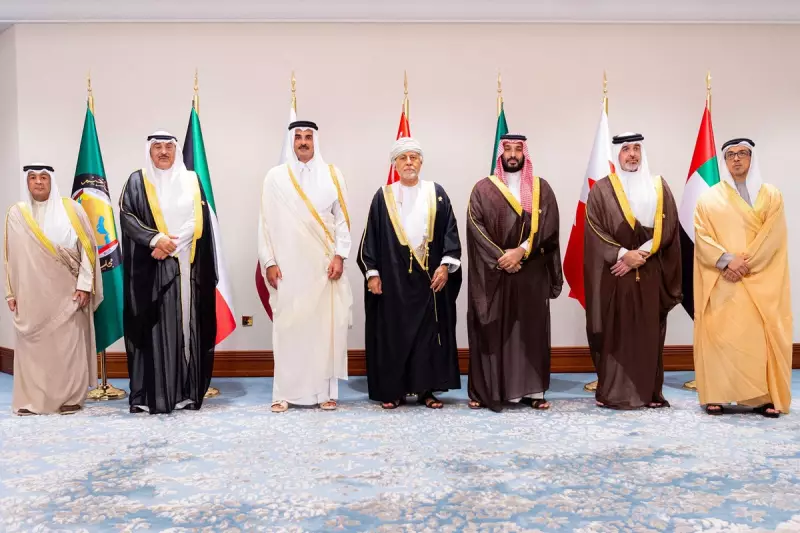
In a powerful display of diplomatic unity, leaders from the Arab and Islamic world gathered for an emergency summit in Doha, Qatar, on Tuesday. The conference was convened with a single, urgent purpose: to demand an immediate end to the relentless Israeli bombardment of the Gaza Strip.
The assembled nations delivered a stark condemnation of Israel's military offensive, branding its actions 'war crimes' and 'barbaric massacres'. They issued a forceful call for the International Criminal Court (ICC) to investigate the conduct of the war, which has claimed thousands of Palestinian lives and created a catastrophic humanitarian crisis.
A Unified Front Against the Offensive
The summit, which brought together members of the Arab League and the Organisation of Islamic Cooperation (OIC), highlighted the growing international outrage over the scale of destruction in Gaza. Delegates unanimously agreed on the necessity of an unconditional ceasefire to halt the bloodshed and allow vital aid to reach the besieged enclave's desperate population.
Qatar's Prime Minister, Sheikh Mohammed bin Abdulrahman Al Thani, set the tone, declaring the Arab world would 'not tolerate' a prolonged conflict. He emphasised that the continuous bombing was undermining ongoing mediation efforts, many of which are being spearheaded by Qatar itself.
Accusations of War Crimes and a Call for Justice
A central resolution from the meeting accused Israel of committing war crimes through its widespread and indiscriminate attacks on civilian infrastructure, including hospitals, schools, and residential buildings. The final communiqué urged all nations to cease exporting weapons and ammunition to Israel, a move directly aimed at its key allies.
Furthermore, the bloc announced plans to launch a 'international criminal investigation' into the violence and said it would seek to form a committee of jurists to document the alleged violations of international law on the ground.
The Stakes for Regional Diplomacy
The emergency meeting in Doha underscores the immense pressure on Western and Israeli leaders to change course. The unified stance from Muslim and Arab nations signals a significant diplomatic challenge, potentially isolating countries that continue to provide military and political support for Israel's campaign.
As the death toll continues to rise, the outcomes of this summit represent a crucial step in mobilising global opinion and could be a pivotal moment in the push for a cessation of hostilities and a long-term political solution.






